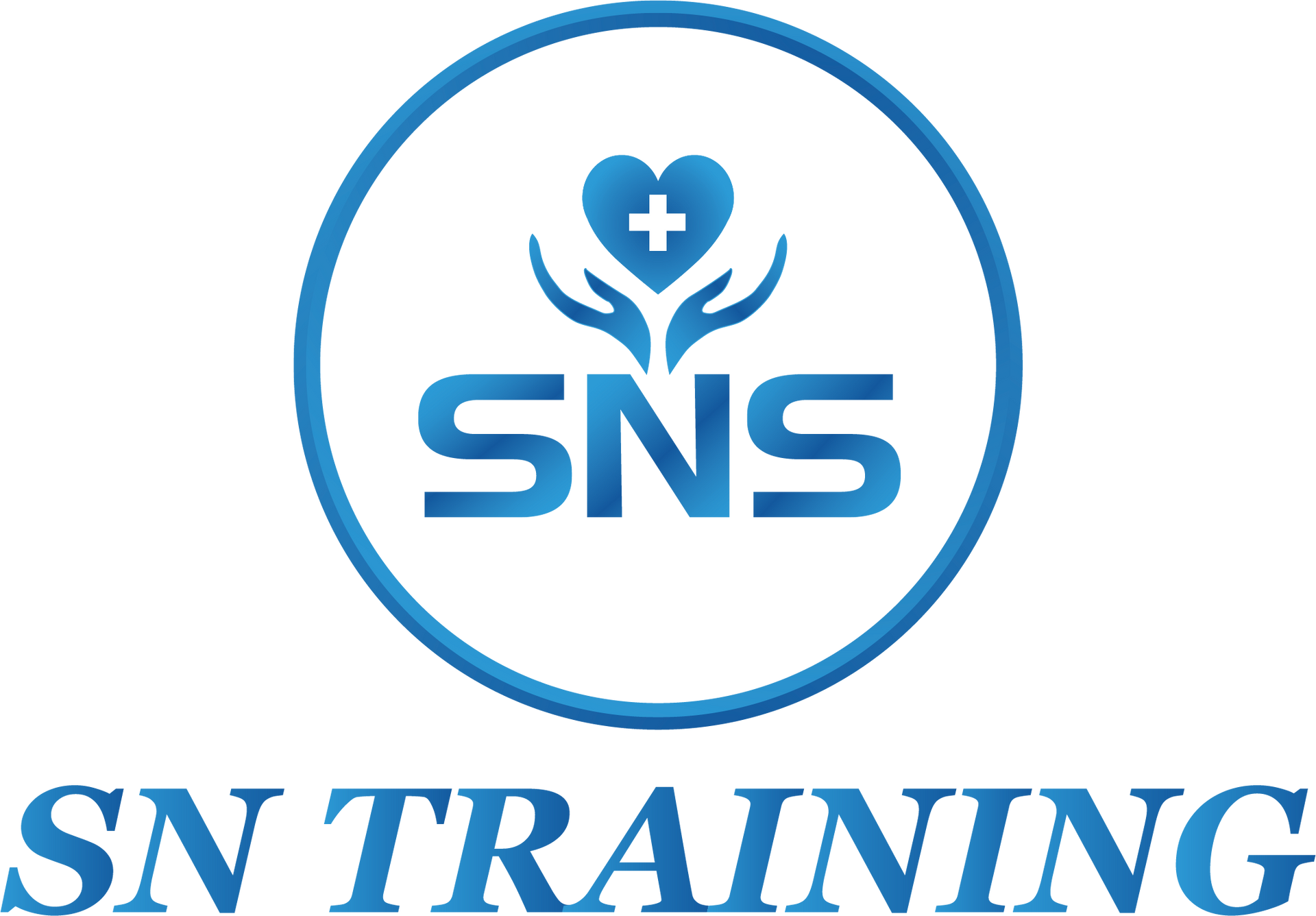Non-Accredited Courses
Specialist Nursing Training also offers a range of non-accredited courses designed to enhance your skills and knowledge in specific areas of interest. These workshops provide an opportunity for learners to engage in practical, hands-on training without the pressure of formal accreditation.
Our experienced instructors lead each workshop, delivering expert guidance and support to ensure a valuable learning experience. Whether you’re looking to expand your professional capabilities or explore a personal passion, our Specialist Workshops are tailored to meet your needs and foster your growth.
Our workshops include:
1. Complex Bowel Care
Overview: This comprehensive course is designed for support workers caring for individuals with complex bowel needs under the NDIS framework. It aligns with high-intensity skill descriptors, ensuring learners gain the necessary competencies to provide safe and effective bowel care. Throughout this learning package, you will gain essential knowledge and practical strategies to effectively prevent, assess, and manage complex bowel and stoma care needs.
Course Objectives:
- Understanding Bowel Anatomy and Function
- Introduction to Stomas
- Complex Bowel Care Challenges
- Autonomic Dysreflexia
- Types of Bowel Care and its indications
- Monitor and document bowel health, reporting changes or concerns appropriately
2. Urinary Catheter Support
Overview: This specialised course is designed for support workers providing care to individuals requiring urinary catheterisation under the NDIS framework. The course emphasises high-intensity skills to ensure learners can deliver safe, effective, and compassionate catheter care. Key aspects include adhering to infection control principles, understanding the types of urinary catheters, such as intermittent, indwelling, and suprapubic catheters, and their specific related support requirements, including the appropriate use of equipment and escalation of care.
Course Objectives
- Understand the anatomy and physiology of the urinary system.
- Catheter types and functions
- Catheter Care
- Hygiene and Infection Control Methods
- Managing/Troubleshooting Catheter Complications
- Monitor and document urinary output and catheter-related concerns.
- Communicate effectively with clients and their families regarding catheter care.
3. Enteral Feeding Support
Overview: This specialised course is designed for support workers responsible for managing delivery of the enteral (nasogastric tube-jejunum or duodenum) feeding and management practice standard for individuals under the NDIS framework. Emphasising high-intensity skills, this course equips learners with the knowledge and practical abilities to ensure safe and effective enteral nutrition, which includes nasogastric tube feeding (NGT), gastrostomy feeding, including percutaneous endoscopic gastrostomy (PEG) or jejunostomy. This learning package will teach you about the digestive system, indications for enteral nutrition, equipment use and maintenance, and recognising signs needing intervention.
Course Objectives:
- Understand the anatomy and physiology related to enteral feeding.
- Identify indications for enteral feeding and the different types of feeding tubes.
- Perform enteral feeding tube equipment use, maintenance, and care.
- Hygiene and Infection Control
- Individualised feeding plans
- Monitor and document feeding tolerance, nutrition status, and complications.
- Communicate effectively with clients and their families about enteral feeding.
4. Dysphagia
Overview: This specialised course is designed for support workers who are responsible for supporting clients with dysphagia. We will cover essential topics such as understanding dysphagia, identifying signs of swallowing difficulties, infection control practices, and the importance of adhering to mealtime procedures.
Course Objectives:
- Basic anatomy of swallowing and respiratory system.
- Understanding Dysphagia and Related Factors
- Dysphagia, Nutrition and Hydration
- Up-to-date first aid knowledge and techniques for suspected choking include promptly identifying choking and clearing food airways.
- Dysphagia and Mealtime Management using the IDDIS Framework
- Principles of Infection Control and Hygiene
5. Epilepsy and Seizure Support
Overview: This training package is designed to provide support workers with essential knowledge and skills to manage individuals with epilepsy and seizure disorders effectively. This course will emphasise best practices, recognising and responding to a seizure, and following seizure management plans, and it will prepare you to confidently support individuals experiencing seizures.
Course Objectives:
- Basic anatomy of the brain and understanding what epilepsy is
- Understand the different types of seizures, including their causes and triggers.
- Recognise the signs and symptoms of seizures.
- Implement appropriate first aid and emergency responses during and after a seizure.
- Following individual seizure management plans that address the needs of clients with epilepsy.
- How to document seizure episodes and monitor for changes in behaviour or frequency.
6. Wound Care Support
Overview: This specialised course is designed for support workers and healthcare professionals caring for clients who require wound care support. This learning package will teach you how to effectively prevent, assess, and manage pressure injuries and wounds. It will ensure you can provide comprehensive and compassionate care, better understand best practice guidelines, and improve your ability to deliver high-quality care under NDIS standards.
Course Objectives
- Understand the anatomy of the skin and the healing process.
- Identify different types of wounds and their specific care requirements.
- Perform wound assessment and documentation accurately.
- Apply appropriate wound care techniques, including dressing changes and infection control.
- Educate clients and their families on wound care and self-management strategies.
- Recognise complications and when to seek further medical intervention.
7. Tracheostomy
Overview: This comprehensive course is designed to provide the essential knowledge and skills to support workers and registered nurses who provide care to individuals who require tracheostomy support in the community. It covers the basic anatomy of the respiratory tract and indications for a tracheostomy, emphasising best practices, emergency preparedness, and client-centred care.
Delivery Format: The course combines theoretical learning with hands-on practice, utilising case studies, simulations, and interactive workshops to enhance skill development.
Course Objectives:
- Understand the anatomy and physiology of the respiratory system and the role of a tracheostomy.
- Identify indications for tracheostomy and the types of tracheostomy tubes.
- Skin and stoma care and awareness of everyday risks
- Tracheostomy tape changes and how to change tracheostomy tubes
- Indications of suctioning and how to perform suctioning
- Recognise and respond to potential complications, such as signs of infection and abnormal secretions
- Recognise and respond to emergencies related to tracheostomy, such as a blocked or dislodged tracheostomy, and humidification management.
- Document care procedures and reporting responsibilities, including handover, recording observations, and incident reporting.
8. Ventilation
Overview: This package is designed for support workers and registered nurses working with paediatric and adult clients requiring long-term invasive mechanical ventilation. It aims to provide you with a deeper understanding of mechanical ventilation. These modules will help you build your knowledge and understanding of why we ventilate, outlining the respiratory anatomy and physiology, how we ventilate, the ventilation set-up of a client, and nursing care with a focus on psychosocial considerations.
Delivery Format: The course combines theoretical learning with hands-on practice, utilising case studies, simulations, and interactive workshops to enhance skill development.
Course Objectives:
- Basic anatomy of the respiratory system.
- Common conditions that can result in respiratory failure, including indications for mechanical ventilation
- Signs and symptoms of respiratory distress
- Correct positioning of Non-invasive masks
- Principles for infection control and hygiene
- Ventilator set-up and equipment use, such as airway clearance devices
- Signs of infection and abnormal secretions
- Causes of standard alarms and action required to resolve them
- Common indicators to initiate emergency procedures and the use of oxygen therapy
- Reporting responsibilities, including handover, recording observations and incident reporting.
9. Diabetes and Subcutaneous Injections
Overview: This specialised course is designed to equip support workers with essential knowledge and skills for managing diabetes and administering subcutaneous injections. It prepares you to confidently support individuals living with diabetes, recognise the signs and symptoms, manage hypo and hyperglycemia, and safely and effectively administer subcutaneous injections.
Course Objectives:
- Understand the types of diabetes, their causes, and management strategies.
- Recognise the signs and symptoms of hypo- and hyperglycemia.
- Learn the techniques for safe and effective administration of subcutaneous injections.
- Follow individualised care plans that include diabetes management and injection schedules.
- Monitor for complications and document care accurately.
10. Medication Management
Overview:
This course is designed to provide you with the knowledge and skills necessary to assist clients in the community with their medication needs. It covers essential topics such as understanding different types of medications, administering medications safely, identifying potential side effects, and promoting medication adherence in relation to the legislation.
Course objectives:
- Introduction to Medication Management
- Legislation that is relevant to Medication Management
- Types of Medications
- Medication Administration
- Medication Adherence
- Monitoring and Reporting

